China and Arab countries are swiftly expanding economic and trade cooperation in all fields, as more than 3,500 Chinese and Arab officials and business representatives gathered in Riyadh, capital of Saudi Arabia from Sunday to Monday for a major business conference, in which dozens of deals worth billions of dollars were inked.
The business deals and great enthusiasm for cooperation seen at the 10th Arab-China Business Conference offered the latest sign of closer diplomatic and economic ties between China and Arab countries, following a slew of recent major developments, including the first China-Arab States Summit at the end of 2022 and China's contribution to the agreement on the resumption of diplomatic ties between Saudi Arabia and Iran.
The increasingly close ties between China and Arab countries have drawn widespread global attention, as well as criticism from some Western countries, particularly the U.S., which has tried to dominate the Arab world for decades and is relentlessly stepping up its containment of China. While Washington tries to sabotage China-Arab ties, growing China-Arab cooperation is a clear rejection of the U.S.' zero-sum games, Chinese and Arab experts noted.
All-round cooperation
On Sunday, the first day of the 10th Arab-China Business Conference, a total of 30 investment agreements worth $10 billion were signed, covering a wide range of sectors, including technology, renewables, agriculture, real estate, minerals, supply chains, tourism, and healthcare, according to media reports.
The deals include a $5.6 billion agreement between Saudi Arabia's Investment Ministry and Chinese carmaker Human Horizons for a joint venture and a $266 million deal signed by Saudi Arabia with Hong Kong-based Android developer Hibobi Technology for tourism and other apps, media reports showed.
A final tally of deals signed during the two-day conference was not released as of press time on Monday, as various activities were still underway to promote China-Arab cooperation in more areas such as healthcare and mining.
"In terms of areas covered, this is all-round cooperation," Liu Zhongmin, a professor at the Middle East Studies Institute of Shanghai International Studies University, told the Global Times on Monday, noting that in addition to traditional cooperation in energy, the two sides are also expanding cooperation in more areas such as technology.
The conference focused on 16 industry sectors, including finance, agriculture, mining, artificial intelligence and e-commerce. It also drew about 2,000 Chinese participants, the largest ever business delegation to Saudi Arabia, according to Reuters.
Zhou Rong, a senior researcher at the Chongyang Institute for Financial Studies of Renmin University of China, said that there is great interest from Saudi Arabia and other Arab states in boosting cooperation with China in various sectors other than energy, as they seek to cut reliance on the sector. "There are broad prospects for bilateral cooperation," Zhou told the Global Times on Monday.
Highlighting this great interest among Arab countries, several Arab officials on Monday extended an invitation to Chinese firms to invest in their countries. Speaking at the event, Abdulla bin Adel Fakhro, Bahrain's minister of commerce and industry, emphasized the importance of collaboration with China, noting that it is a very important player in their future industrial strategy.
"We started to work on creating Saudi-Chinese integration at many levels and many sectors," said Osama Al-Zamil, Vice Minister of Industry and Mineral Resources of Saudi Arabia, at the conference.
While both China and Arab countries are seeking to further boost win-win cooperation, the U.S. is reportedly concerned about the deepening cooperation between Riyadh and Beijing in security and sensitive high-tech sectors.
Just days before the Arab-China Business Conference, U.S. Secretary of State Antony Blinken visited Saudi Arabia. On Thursday, he said that Washington was not asking anyone to choose between the U.S. and China, but said the U.S. "remains the number one partner of choice" for most countries in the Persian Gulf region.
Rejecting U.S. game
However, many in the region do not buy Blinken's narrative.
"Blinken is pretending to be unaware, [but] the U.S. is no longer 'the number one partner of choice for most countries in the region'," Ebrahim Hashem, a China-based strategist and Asia Global Fellow at the Asia Global Institute of the University of Hong Kong, told the Global Times. "Regional countries have made a strategic decision to diversify their partners and the U.S. is no longer the only partner. It is one of the partners."
This strategic decision by regional countries was on clear display at the Arab-China Business Conference. On Sunday, when asked about U.S. criticism of Saudi Arabia's ties with China, Saudi Energy Minister Prince Abdulaziz bin Salman said, "I totally ignore it."
"We came to recognize the reality of today that China is taking, had taken a lead, will continue to take that lead. We don't have to compete with China, we have to collaborate with China," he said, "We are Saudi Arabia, we don't have to be engaged in what I call a zero-sum game. We believe that there are so many global opportunities."
"It is a thinly veiled jab at those who want Arabs to choose sides; it won't happen. Here, he speaks for all Arabs," Hashem said of the Saudi minister's remarks.
Liu said that while U.S. officials mostly refrain from directly mentioning China, they are actually working to counter China's ties with Arab countries. "Saudi Arabia's reaction actually carries an implicit rejection of Blinken's statement," he said.
Behind the U.S.' zero-sum attempt is also its strategic shift away from the Middle East to major power competition with Russia and China, while trying to cling onto its long-term presence in the Middle East. "The U.S. probably did not expect such a huge change in the Middle East situation this year. It also has an unexpected and bewildered feeling about its own decline and the rise of other major powers," Liu said.
While the U.S. continues to step up its containment of China, China has been strengthening ties with many countries around the world and making contributions to regional and global peace and stability, including in the Middle East.
In March, China helped broker a deal between Saudi Arabia and Iran toward resuming diplomatic ties. China and Arab countries have also maintained mutual support in core issues of concern. Last week, a delegation from the Arab League visited Northwest China's Xinjiang Uygur Autonomous Region and said that allegations of "ethnic genocide" and "religious persecution" are completely false.










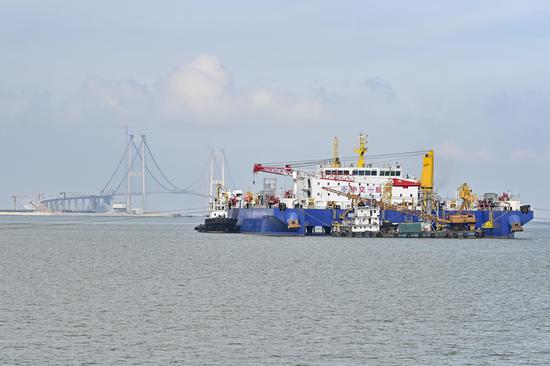
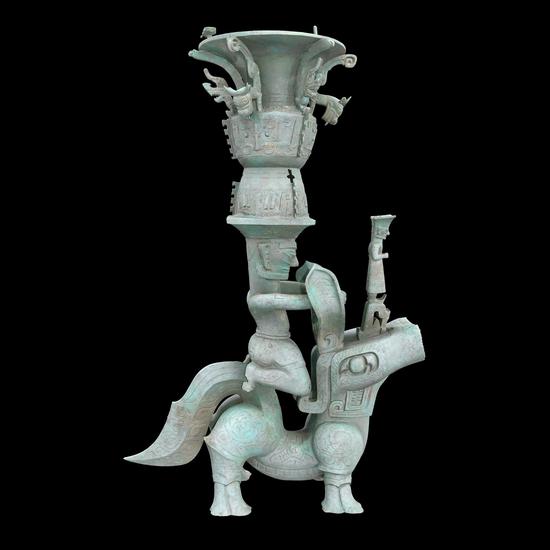

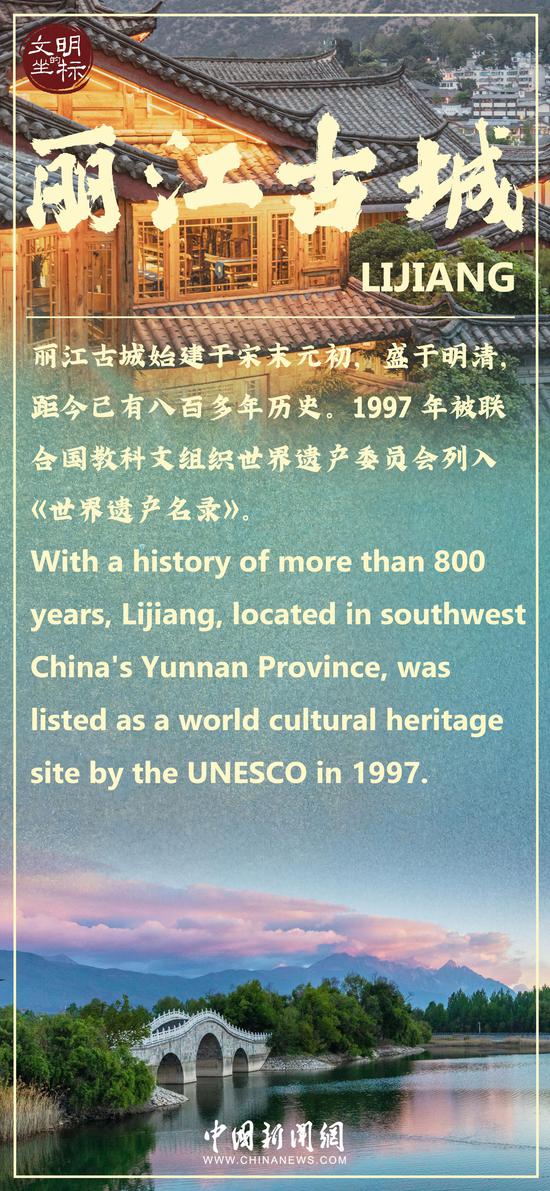

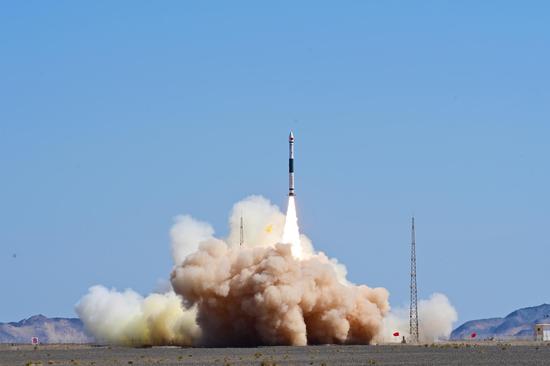

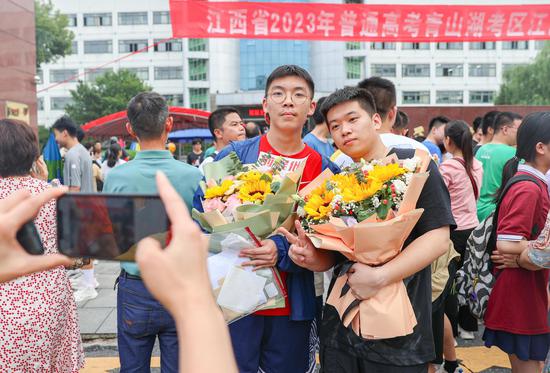





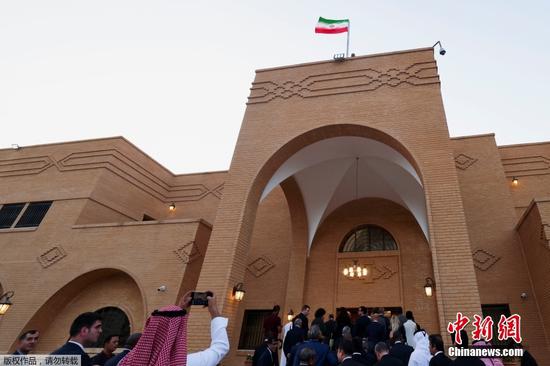
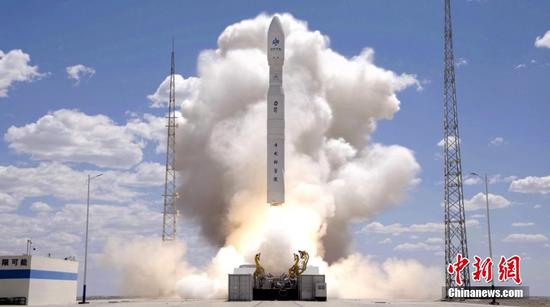



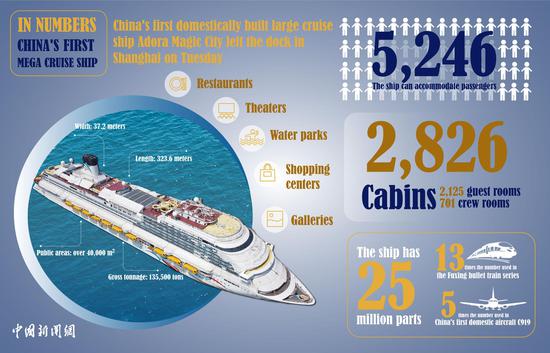

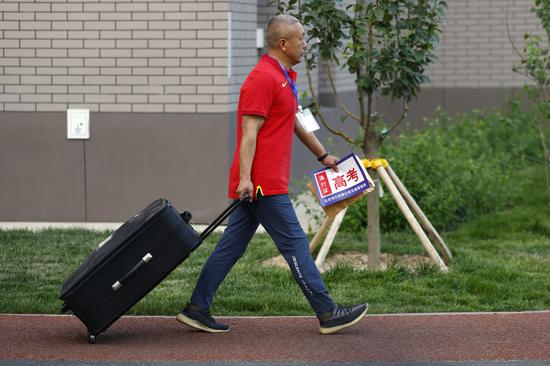


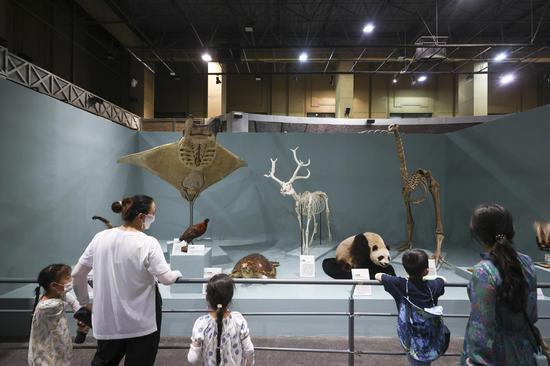
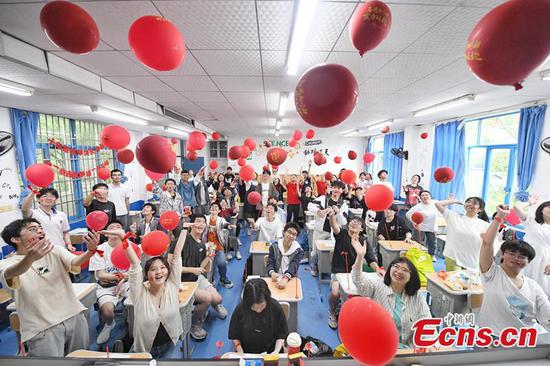




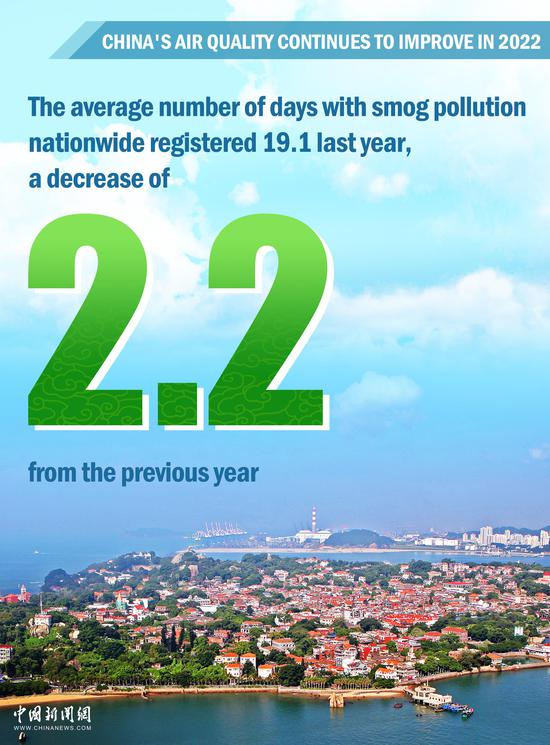










 京公網安備 11010202009201號
京公網安備 11010202009201號